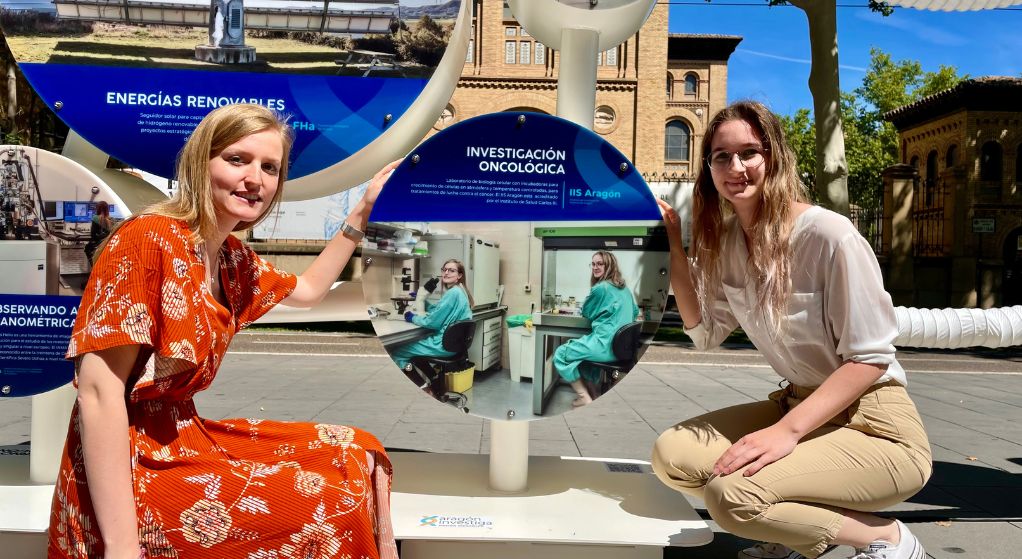
Una exposición científica invita a la ciudadanía a explorar la frontera del conocimiento en Aragón
18 junio, 2024EUCAIM Open call – imágenes de cáncer e inteligencia artificial
18 junio, 2024RESPIRATORY PATHOGENS: a large number of pathogens target the human respiratory tract, resulting in a broad spectrum of clinical manifestations including life-threatening acute respiratory distress syndrome (ARDS). While serious respiratory infections are predominantly caused by RNA viruses, other types of pathogens can be involved. The modes of transmission of respiratory pathogens often give them a significant epidemic potential.
The ISIDORe consortium supports scientists with an interest in these respiratory pathogens.
Researchers are invited to submit any proposal that Is focused on at least one eligible respiratory pathogen, excluding SARS-CoV-2 (see below and full ISIDORe PPP list).
VECTOR-BORNE PATHOGENS & THEIR VECTORS: the geographic and host ranges of vector-borne diseases are expanding, mostly due to anthropogenic factors. With rising temperatures and changing weather patterns, the risk of these diseases affecting increasingly large areas of the world will continue to rise, as reflected by the record number cases of dengue (including non-imported ones) and West Nile virus observed in Europe in 2022.
The ISIDORe consortium supports scientists with an interest in the causative agents and vectors of these fast-spreading diseases.
Researchers are invited to submit any proposal that Is focused on at least one eligible vector-borne pathogen (see below and full ISIDORe PPP list).
OTHER PATHOGENS WITH EPIDEMIC POTENTIAL: will the next global infectious threat be an orthopoxvirus, or an enterovirus? Will it be even caused by a known pathogen? Can we be ready for the next pathogen X?
The ISIDORe consortium supports scientists with an interest in epidemic-prone pathogens, including pathogen X.
Researchers are invited to submit any proposal that Is focused on pathogen X or at least one of the three pathogen classes specifically identified in this call.
Deadline: Open as long as funding remains available
